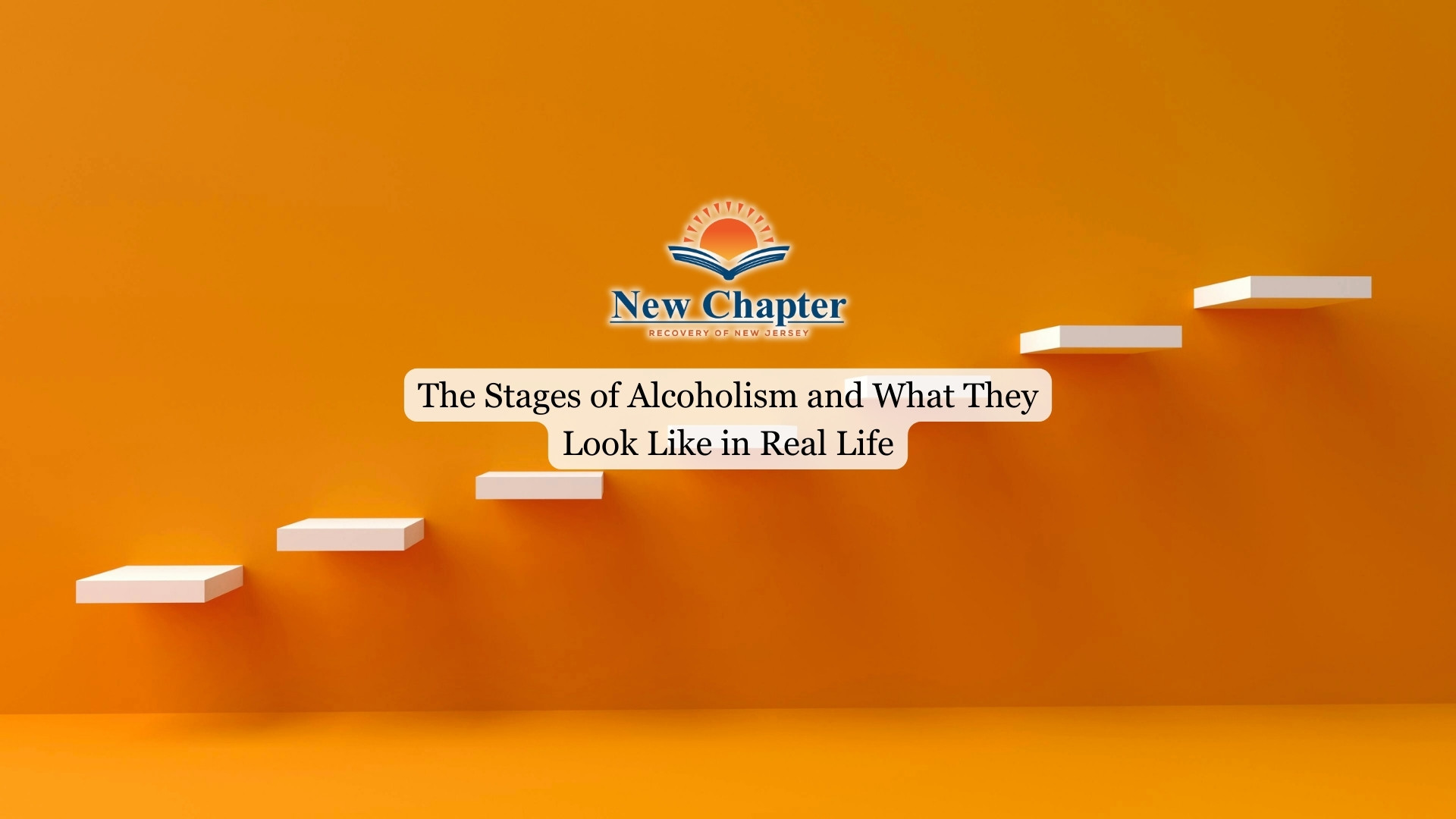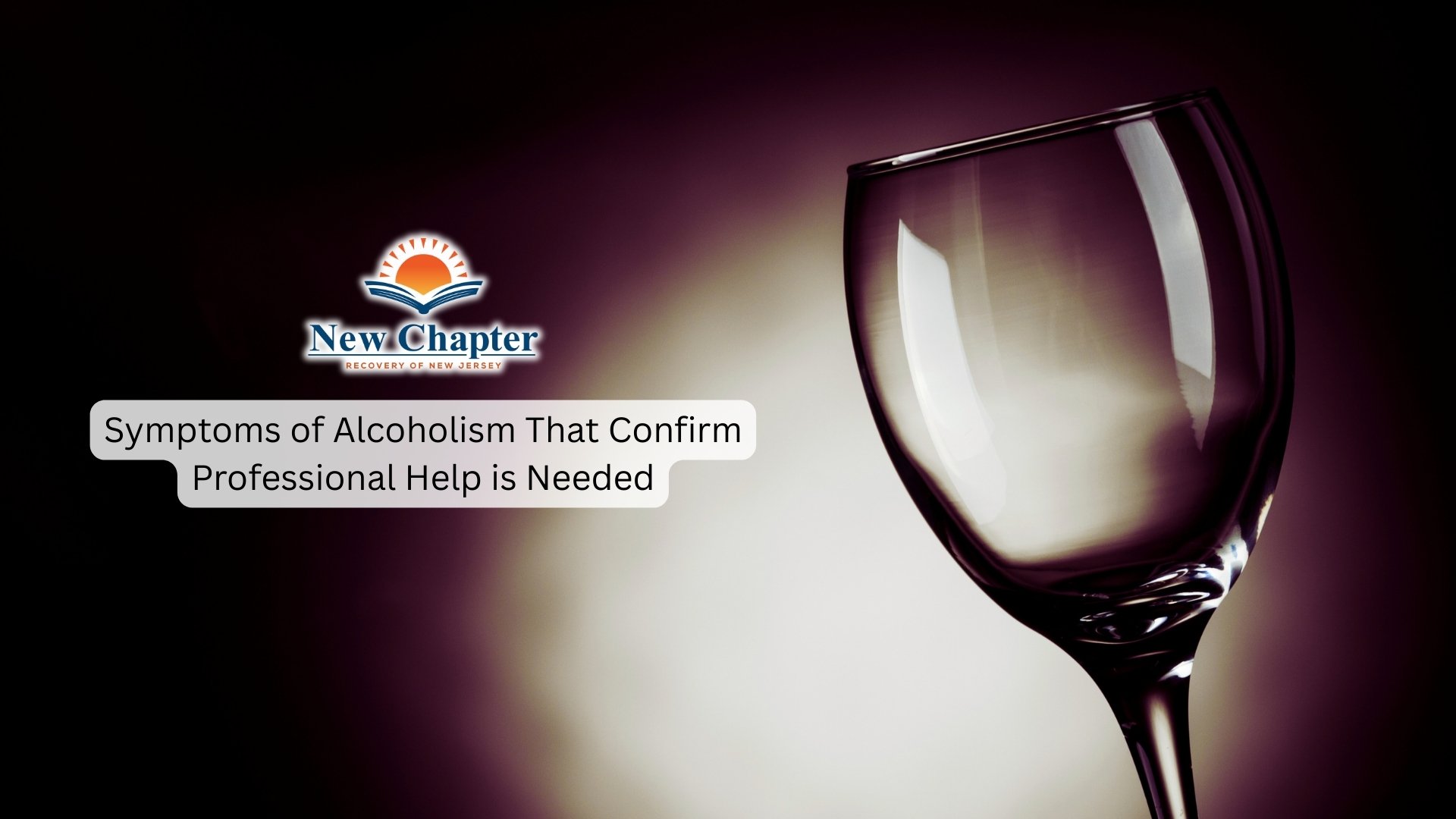Alcoholism is a serious health issue that affects millions of people worldwide. If a friend or someone you love is struggling with alcohol addiction, your support can make a significant difference in their journey toward recovery. Helping an alcoholic friend or loved one requires compassion, patience, and practical steps.
This article provides guidance on how to help someone with an alcohol use disorder, from recognizing the signs to encouraging them to seek help and supporting their long-term alcohol treatment and recovery.

Table of Contents
ToggleUnderstanding Alcoholism
Alcoholism, also known as alcohol use disorder (AUD), is a chronic disease characterized by an inability to control or stop drinking despite negative consequences. People with drinking problems often spend a lot of time drinking, thinking about drinking, or recovering from its effects. Alcohol addiction affects physical, mental, and social health, leading to strained relationships, work issues, and serious medical problems.
When a friend becomes too dependent on alcohol, they may have become addicted to the substance. While recovery from alcoholism is challenging, it is possible with proper support and treatment at an alcohol addiction treatment center.
Common Signs of Alcoholism
- Drinking too much or more often than intended
- Unsuccessful attempts to stop drinking or cut down on alcohol intake
- Neglecting responsibilities at work, school, or home due to alcohol use
- Continuing to use alcohol despite negative consequences
- Experiencing symptoms of alcohol withdrawal when not drinking (e.g., anxiety, shaking, sweating)
- Losing interest in activities that don’t involve alcohol
Understanding the symptoms of alcohol misuse or alcohol dependence can help you recognize when a friend’s drinking has become excessive.
Myths and Stigma
It’s important to remember that alcoholism is not a moral failing, but a medical condition that requires appropriate treatment options. Stigma can prevent people with drinking problems from seeking help, so approach your friend with empathy and understanding.
Preparing Yourself to Help
Before you talk to your friend about their drinking, take time to educate yourself about alcoholism, addiction recovery, and available treatment options, including 12-step programs like Alcoholics Anonymous. This knowledge will help you approach the conversation in a supportive, informed, and non-judgmental way.
Reflect on your own feelings and boundaries. Supporting someone with an alcohol problem can be emotionally taxing. It’s important to help you set healthy boundaries and recognize your own limits.
Set realistic expectations. Recovery is a process, and your friend may not accept help right away.
Seek other support for yourself. Consider joining a support group like Al-Anon or talking to someone, such as a counselor, to help ease your own stress.
Approaching Your Friend
When you’re ready to talk to a friend about their struggle with alcohol addiction, choose a calm, private setting where you can speak openly without distractions. Avoid having the conversation when they’re intoxicated or emotionally agitated.
Use empathetic, non-confrontational language that focuses on their well-being rather than criticizing their behavior. Listen actively, giving them space to share their thoughts and emotions without interruption or judgment.
It’s important to validate their feelings and let them know they’re not alone. A gentle, caring approach, like saying, “I’ve noticed you seem overwhelmed lately, and I’m worried your drinking is affecting your health. I want to help you stay healthy and happy,” can open the door to meaningful support and change.
Offering Practical Support
There are many ways to help an alcoholic family member or friend beyond just talking. Consider these practical steps:
- Encourage your friend to seek professional help. Suggest addiction treatment, alcohol rehab, or support groups that specialize in alcohol and drug issues.
- Offer support, such as helping them find treatment options. Research local alcohol addiction treatment centers, therapists, or support groups together.
- Accompany your friend to appointments. Sometimes, offering to help by going with them to their first Alcoholics Anonymous meeting or assessment can make a big difference.
- Suggest activities that don’t involve alcohol. Help your friend discover new hobbies and social events that support their recovery.
- Help them avoid triggers. If certain places or people encourage alcohol use, help your friend find alternatives.
Remember, supporting your friend during rehab or alcohol detox can be overwhelming for your friend, so be patient and understanding.

Setting Boundaries and Practicing Self-Care
Supporting someone with an alcohol problem doesn’t mean neglecting your own well-being. It’s important to avoid enabling behaviors.
Don’t cover for your friend, make excuses, or supply them with alcohol. Set clear boundaries by communicating which behaviors are unacceptable, especially if their drinking becomes harmful or abusive. Know when it’s time to step back. If your friend refuses help or their actions put you at risk, creating distance may be the healthiest option.
Above all, take care of your own mental health. Support groups can be invaluable for friends and family members coping with the emotional toll of a loved one’s addiction.
Encouraging Long-Term Recovery
Supporting a friend or loved one through addiction recovery is an ongoing process. Here are a few ways to encourage your friend:
Celebrate progress
Acknowledge milestones in their journey to stop drinking, no matter how small—they all matter. Whether it’s a week of sobriety or attending a difficult meeting, recognizing these victories reinforces their efforts and builds motivation to keep going. A simple “I’m proud of you” can mean the world to them.
Be patient with setbacks
Relapse is a common part of the recovery journey and doesn’t mean failure. Encourage your friend to keep going, reminding them that healing takes time and persistence. Your steady support can help them regain confidence and stay focused on long-term recovery.
Stay connected
Regularly check in and offer to help with aspects of recovery, such as attending meetings, exploring new support groups, or even just being a steady presence during tough moments. Consistent encouragement shows your friend that they’re not alone and that you’re committed to walking alongside them on their journey to sobriety.
Encourage involvement in sober communities
These groups help people with drinking problems build a strong network of support, where they can share experiences, gain encouragement, and feel understood. Being part of a sober community also reinforces accountability and reminds individuals that they’re not facing recovery alone.
What Not To Do
Certain actions, though well-intentioned, can actually hinder your loved one’s recovery from alcohol abuse. It’s important not to lecture, shame, or guilt-trip them about their drinking, as this can lead to defensiveness or withdrawal from social contact.
Avoid issuing ultimatums unless absolutely necessary for safety, and resist the urge to “fix” them or take control of their recovery process. Refrain from drinking around them or downplaying the seriousness of their struggle.
Most importantly, don’t offer medical advice when a friend drinks too much unless you’re a qualified professional. Supporting them with empathy, patience, and respect goes a long way.
Final Thoughts from New Chapter Faith Recovery
Helping an alcoholic friend or loved one is challenging, but your compassion, patience, and willingness to offer help can make a real difference. With the right help and support, recovery from alcohol addiction is possible for your friend or family member.
At New Chapter Faith Recovery in New Jersey, our outpatient alcohol addiction treatment program offers a unique blend of evidence-based therapies and faith-based principles. By combining clinical expertise with spiritual guidance, we help individuals tap into both proven methods and inner strength to overcome addiction. This integrated approach empowers them to face challenges with renewed hope and build a meaningful, sober life.






